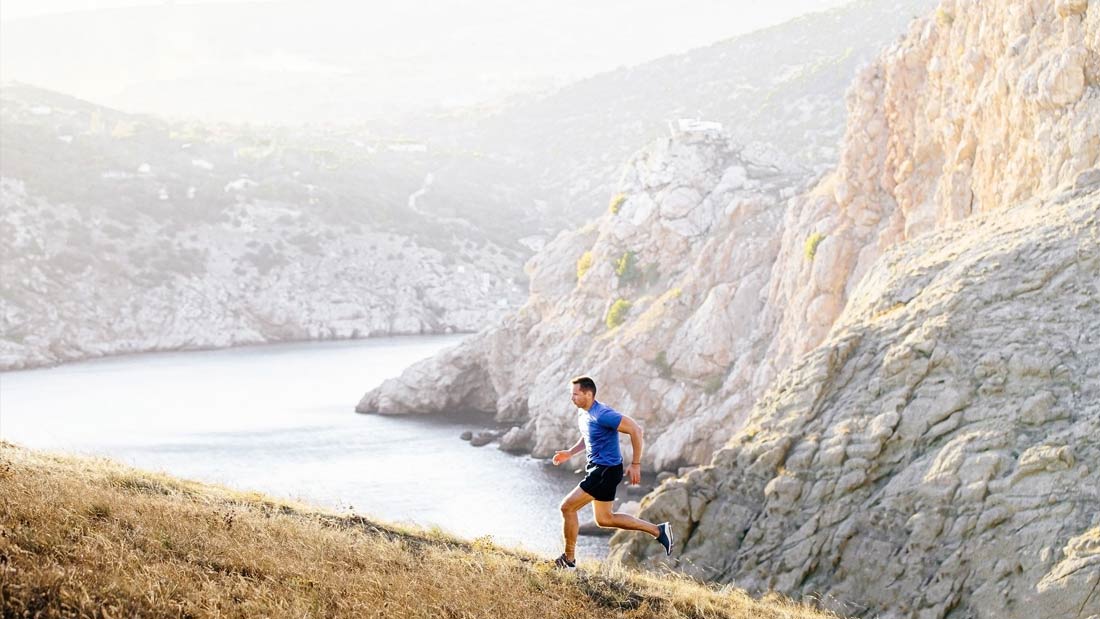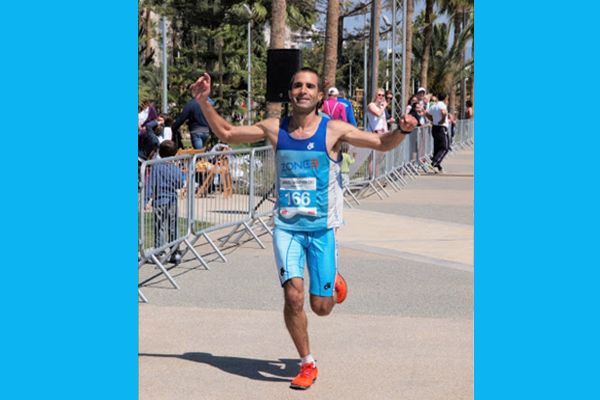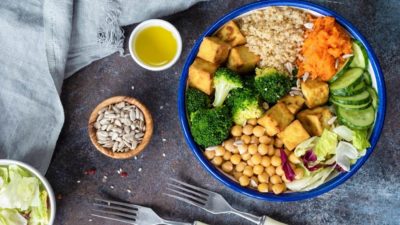Running – ultra distances

Nutrition requirements:
Ultra running refers to running distances beyond the length of a marathon, up to 100 miles. It not only requires long training hours but ultra-distances are usually run on hilly terrain and in challenging conditions, which makes them even more demanding. Training requires high amounts of energy meaning a lot of food! About three days before a race, most runners do carb-loading to maximise their glycogen stores – it means increasing your carb intake whilst not training and reducing your fat intake.
On a daily basis, you need plenty of complex but also some simple carbs for energy, fair amounts of protein and healthy fats.
Key points:
1. Before training, about 90-40 minutes prior, have a light carb-based snack so your body gets some extra energy. It can be a piece of fruit, fresh smoothie, a fruit and nut snack bar, or a small portion of muesli/granola. Eating closer to training might make you feel sick later so be careful.
2. For long-distance training, you need to top up carbs on the go to prevent muscle fatigue and stay alert. You can carry some dates with you or blend dates with water for a sweet energy drink (if you add a small pinch of salt to it, you’ll make it an isotonic drink). Other options include bananas, mashed sweet potato with cinnamon and raisins (instead of energy gels), chocolate-covered rice cakes, energy balls and more. You need about 30-60 g of carbs per hour.
3. On runs lasting several hours – either training or actual races – you need more than just carbs. This takes some fine-tuning to find what suits you. Some people prefer wraps or sandwiches over sweet energy and protein bars. Others like liquid meals – carb and protein shakes with added vitamins and minerals. It’s important to eat even if you don’t feel hungry. If you run your energy too low, you’ll ‘hit the wall’ and may not be able to continue.
4. Hydration is crucial! An isotonic drink will help you replenish lost minerals and energy. You can combine your carb top up with an isotonic drink (the date drink mentioned above) or carry a separate bottle/camelback.
5. Post-run, eat or drink a recovery meal within 40 minutes so nutrients get to your muscles and other tissues quickly and ensure optimal recovery. This should contain good amounts of carbs to replenish muscle glycogen and protein for tissue repair – get some ideas here. Later on, have a meal with complex carbs, protein and healthy fats too – your body will still need more nutrients.
Sample Meal Plan: Endurance Athlete for training days and Active Person for recovery days.
Inspiration: Melissa Sundermann, Alberto Pelaez Serrano, Ariel Rosenfeld, Denis Mikhaylov, Damian Stoy, Alister Gardner, Vlad Ixel, Yassine Diboun, Catra Corbett, Rich Roll, Brendan Brazier, Scott Jurek
Scott Jurek, ultramarathon legend and record-holder: “In college I was eating McDonald’s at least once a day. I was running and skiing so I could get away with it, but then some of my friends influenced my thinking on food. I started looking at more wholesome foods, more wholefoods… It was interesting for me to think how can I do this now with a plant-based diet? I found reading the research behind it fascinating… At the same time, I’d been working in hospitals, my mother had suffered with MS. I wanted to avoid chronic disease but also maybe help my performance along the way. There has been this ingrained mentality of: ‘If you want to be strong, you have to eat meat and have animal protein.’ But I’ve been able to test that. [Being vegan] has made me stronger and actually feel better. It takes a bit of learning and a bit more planning initially, but it’s opened my eyes to what I can do for my human body to allow it to perform at its best.”
“Choosing vegan lifestyle, back in 2011 was a life changing moment for me. Even though I didn’t choose this way in order to become a better long distance runner, from that moment I could train and race much harder and my performance skyrocketed.”
Ariel Rosenfeld, multiple ultra-running champion and record-holder








